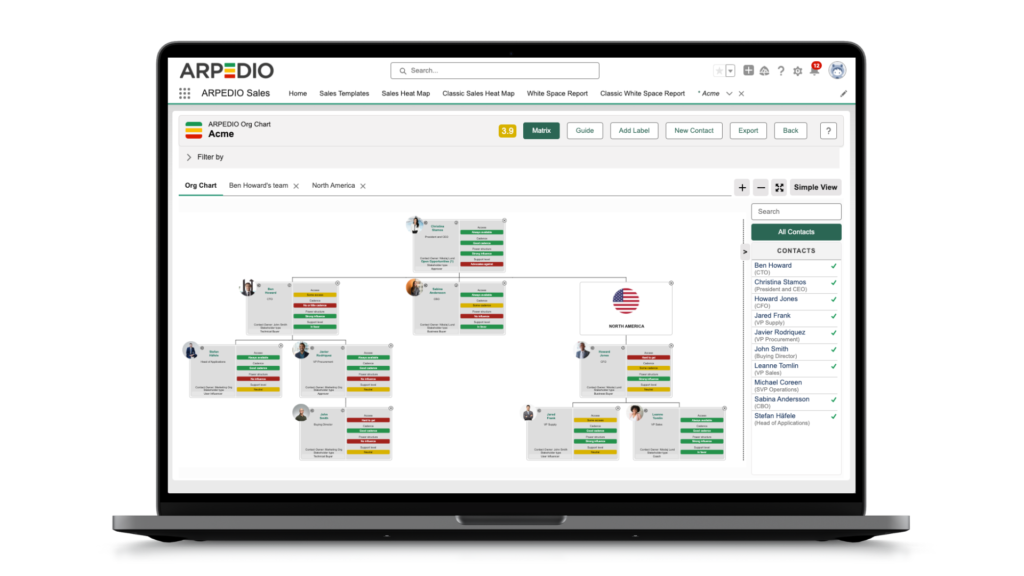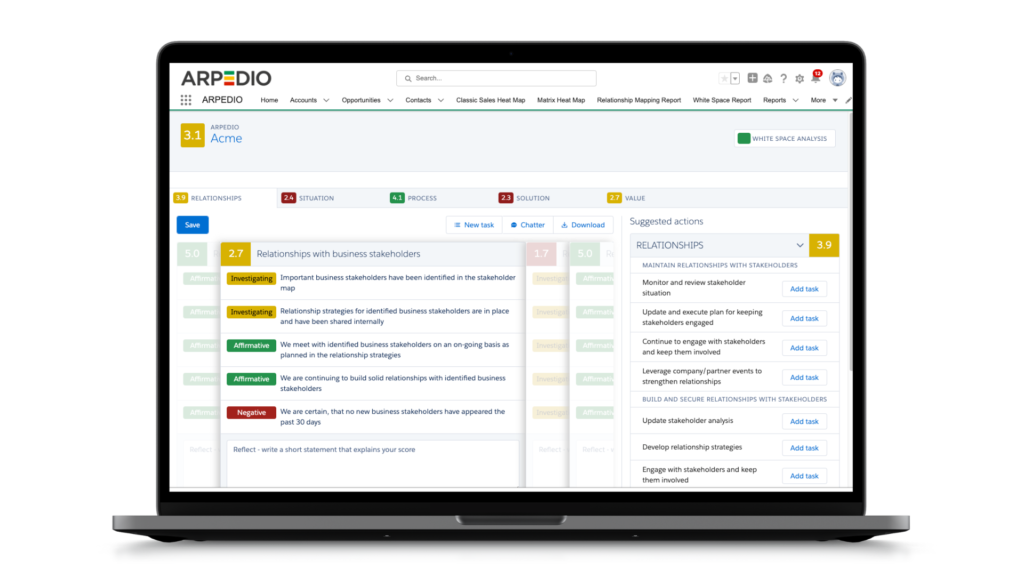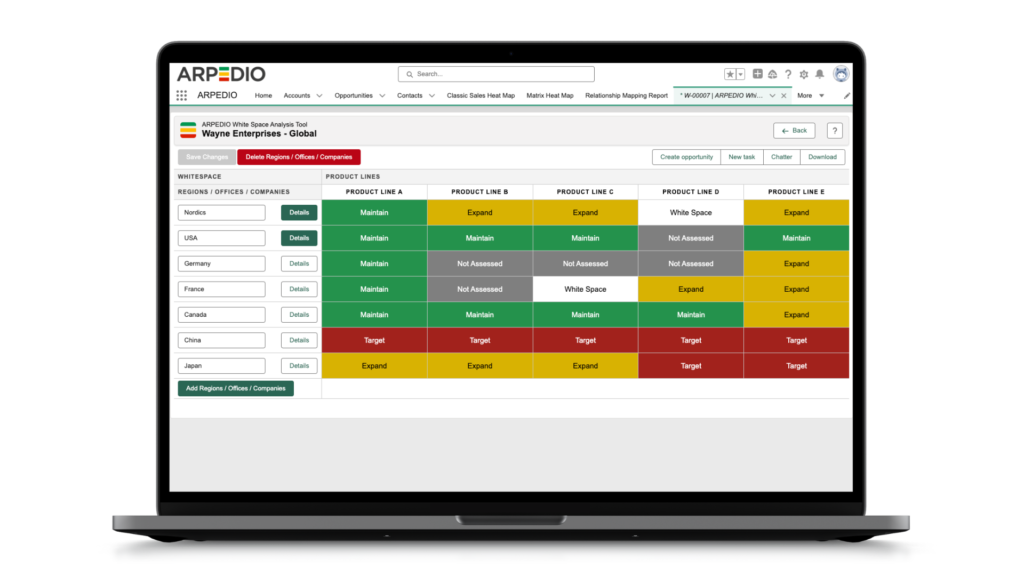When it comes to sales, not all markets are created equal. Business-to-business (B2B) sales and business-to-consumer (B2C) sales both involve different sets of challenges and opportunities. Understanding the dynamics of each sales model is crucial for businesses looking to grow and succeed.
In this section, we will explore the key differences between B2B and B2C sales, as well as the unique approaches and strategies that define each market. By doing so, we hope to provide businesses with valuable insights that they can use to enhance their sales efforts and engage more effectively with their target customers.
Key Takeaways:
- B2B sales and B2C sales are two distinct markets that require different sales strategies and approaches.
- The target audience, purchasing decision-makers, sales processes, and customer relationship management all differ between B2B and B2C sales.
- Understanding the nuances of each market is crucial for success in sales and business growth.
- Businesses should tailor their sales strategies to cater to the specific needs and expectations of their target customers.
- Implementing effective sales strategies will lead to improved customer relations and optimized sales efforts.
Key Differences Between B2B Sales and B2C Sales
When it comes to sales, there are significant differences between business-to-business (B2B) sales and business-to-consumer (B2C) sales. Understanding these differences is crucial to developing effective sales strategies for each market. Below are the key factors that set B2B sales apart from B2C sales:
| Factor | B2B Sales | B2C Sales |
|---|---|---|
| Target Audience | Companies and organizations | Individual consumers |
| Purchasing Decision-Makers | Multiple, often involving various stakeholders within the purchasing organization | Single individual or a small group of individuals |
| Sales Processes | Longer, often involving complex negotiations and contracts | Shorter, typically completed in a single transaction |
| Customer Relationship Management | More personalized, focused on building long-term, mutually beneficial relationships | Less personalized, focused on individual transactions and customer experiences |
By recognizing these distinctions, businesses can adapt their sales strategies to meet the specific needs and expectations of their target customers. B2B sales require more customized, relationship-driven approaches, whereas B2C sales prioritize efficiency and a positive customer experience.
Strategies for Success in B2B Sales and B2C Sales
Whether you’re in B2B sales or B2C sales, success is contingent upon implementing effective strategies that drive growth and customer satisfaction. Here are some key strategies to consider:
Building Strong Relationships with B2B Clients
One of the most essential strategies in B2B sales is building strong relationships with your clients. This requires a deep understanding of your clients’ business models, goals, and challenges. By providing value-driven solutions that cater to their unique needs, you can establish long-term relationships built on trust, respect, and mutual success. Some effective strategies for building strong B2B relationships include:
- Scheduling regular check-ins to assess their needs and ensure satisfaction
- Providing personalized product demonstrations and training
- Offering exclusive discounts and promotions for loyal customers
- Hosting events or webinars that showcase your expertise and solutions
Providing Value-Driven Solutions in B2B Sales
Another crucial aspect of B2B sales is to offer value-driven solutions that meet the needs and expectations of clients. You can achieve this by:
- Developing a deep understanding of your clients’ business models, goals, and pain points
- Creating customized solutions that cater to their unique needs
- Offering a range of products and services that align with their goals and budget
- Providing prompt and reliable customer support to address any concerns or issues
Branding, Customer Experience, and Personalized Marketing in B2C Sales
In B2C sales, branding, customer experience, and personalized marketing are critical to success. Consumers are more likely to trust and engage with brands that resonate with their values, lifestyle, and preferences. Here are some key strategies to consider in B2C sales:
- Developing a clear and compelling brand identity that sets you apart from competitors
- Creating a seamless and enjoyable customer experience across all touchpoints
- Personalizing marketing campaigns based on consumer demographics, behavior, and preferences
- Offering exclusive promotions and discounts to loyal customers
Overall, success in B2B sales and B2C sales requires businesses to adopt a customer-centric approach, build strong relationships, and provide value-driven solutions. By implementing these strategies, businesses can optimize their sales efforts and drive growth in their respective markets.











